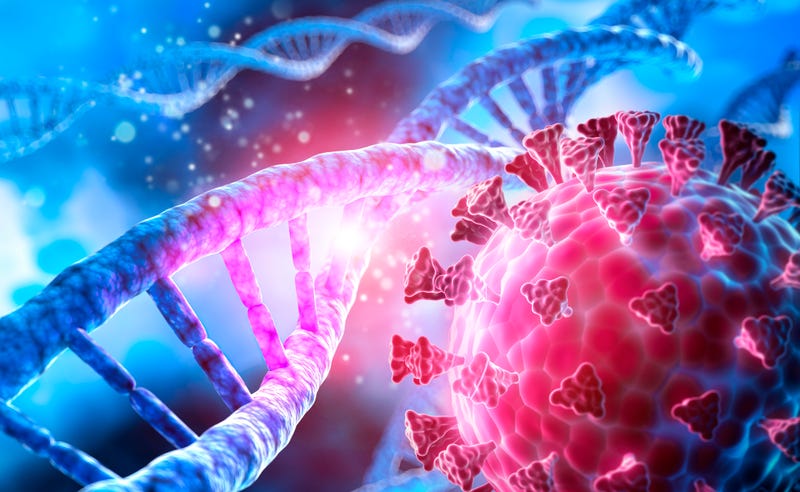
We’re not just getting booster shots.
Pfizer is now engaging in late-stage testing for an oral COVID-19 antiviral drug, and another drug company, Merck has also announced efforts to develop a pill to prevent a COVID-19 infection.
With these new treatment options on the horizon, some health experts believe that an antiviral solution could hold the key to bringing an end to the pandemic.

Different from a vaccine, an antiviral drug is given to interfere with what a virus is programmed to do, said Dr. Stuart Ray, Professor of Medicine at Johns Hopkins School of Medicine on Tuesday’s Ask an Expert. "Each of the drugs is targeting a viral protein," he said. "In contrast, a vaccine generates immunity that can be long-lasting."
Antiviral only works as long as the person it taking it, while the vaccine has potential to protect you for months and years, said Ray to KCBS Radio’s Margie Shafer.
Although the new drugs spell hope, it will take time to develop something safe enough that will be able to target the virus routinely on a daily basis, much like with HIV and Hepatitis B, he said. Developing treatment for those viruses took around 10 to 15 years.
"But our work with COVID-19 is informed by those experiences," said Ray. Treatments and vaccines for COVID-19 have gone much faster than in years past for other viruses, but an antiviral is still a ways off, he said.
However, an antiviral drug can’t come too soon, as the r.1 variant of COVID-19 continues to rise in California and around the country.
The CDC has identified "multiple spike protein mutations" in this variant, with mutations that were found in the gamma and beta variants.
The variant has been detected in both vaccinated and unvaccinated people, demonstrating that it has the capability to evade the antibodies produced by the vaccine.
So far, in California at least, there isn’t cause for alarm. There are only about 50 cases in the state compared to the national total, said Ray.
It’s still unclear if the new variant is a formidable challenger to delta. "We’re going to have to see whether or not this is a blip or whether it’s going to turn out to be a competitor," he said.

